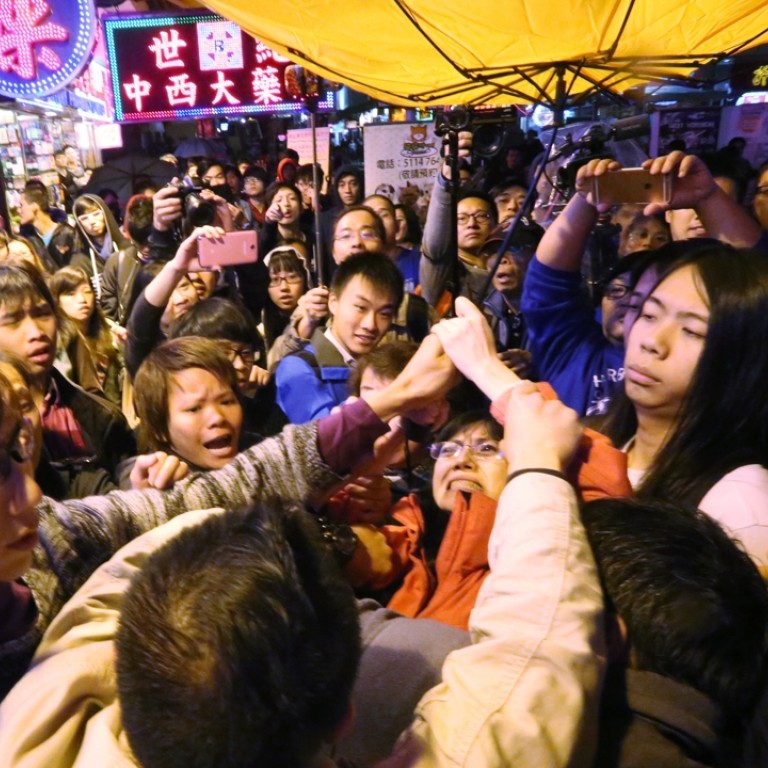
Opponents to amendments of Hong Kong’s copyright law misunderstand the spirit of the law
The Copyright Ordinance is meant to protect our creative freedom and freedom of expression. Copyright is an important private property right given to each person. Whether you are rich or poor, your company is big or small, the works created by you or your company can equally enjoy protection by the Copyright Ordinance against the threat of piracy and/or plagiarism. In the face of challenges presented by the new economy and technologies, many democratic countries have been amending their copyright legislation to protect citizens’ private property in a more effective manner.
The Copyright (Amendment) Bill 2014 is not the “Article 23 of the internet”, as some have called it. It has nothing to do with national security. The current amendments are meant to update the Copyright Ordinance so as to strengthen the protection for copyright works in the internet environment, and to combat large-scale online and offline infringement offences, rather than targeting individual online behaviour.
The exceptions offered this time are much wider and more relaxed than those provided in many developed countries. They allow the use of copyright works for non-commercial purposes without seeking permission from copyright owners, and exempt users from civil and criminal liabilities for parodies and political commentaries. If we block the copyright amendments and keep the status quo, people who use copyright works in these ways without copyright owners’ permission can be prosecuted and have civil and criminal liabilities. That would mean a defeat for both sides. Is that what we want to see? What is the intention of those who are trying to scupper the bill?
Activists also object to the provision of “access to computer with criminal and dishonest intent”, which is an offence under Chapter 200 Section 161 of the Crimes Ordinance. This is totally unrelated to the Copyright (Amendment) Bill 2014. The two ordinances should not be mixed up. Bundling the two will only create confusion and conflict, and reinforce public misunderstanding.
If we truly want to protect freedom of expression and freedom of speech for Hong Kong people, and also strengthen protection of creative works, we should not point our fingers at the Copyright Ordinance. We should instead propose to amend the Public Order Ordinance, the Control of Obscene and Indecent Articles Ordinance, and the Crimes Ordinance to rid people of the fear of possible political repression.
Thomas Tang, director, Hong Kong Comics and Animation Federation

